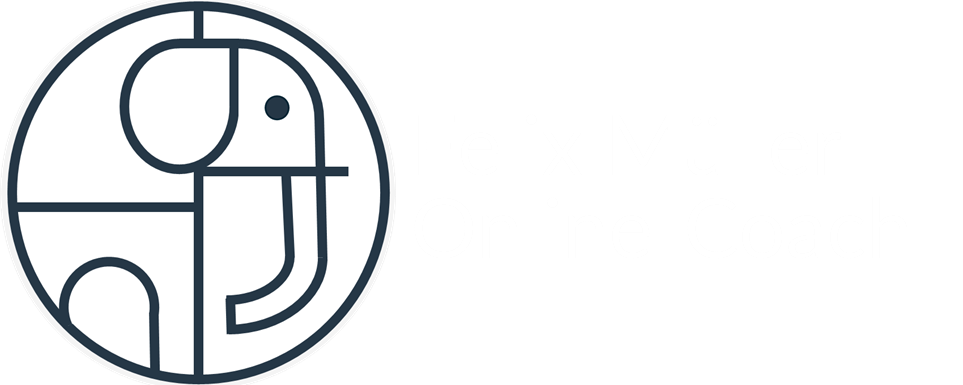
‘If only it were that easy!’
Do you often find yourself thinking this sentence? Or even say it? Because you feel helpless, tired and under pressure because you simply can’t achieve a goal? Like saying no more often, having more time for your family or being less stressed?
Then let’s have a chat over an online coffee break!
Because as a cognitive behavioural coach, I have a scientifically proven approach that has shown its effectiveness for many people in such situations. And it will help you achieve your goal and get your life back on track in a confident, energised and relaxed way!
I’d love to invite you to an online coffee break so that we can get to know each other and discuss how I can help you!

Hi, my name is Felix Müller…

…and I am 58 years old, happily married for over 30 years and the proud father of two grown-up children. And as a cognitive behavioural coach, I help people to finally achieve a goal: such as saying no more often, having more time for the family or being less stressed.
I got to know cognitive behavioural coaching during my three-year coaching Master’s studies in England and experienced its effectiveness ‘first hand’: thanks to this approach, my wife Nicole found her way back to a happy and relaxed life after two burnouts, severe depression and five months in hospital.
Based on this impressive experience, I decided to focus my coaching on helping other people to change their lives by releasing blockages. I only coach online so that my clients can easily and flexibly choose when the coaching fits into their often busy calendars.
Facts & figures about me
- Degree in Business Administration (lic.oec.HSG) from the University of St. Gallen, Switzerland
- MBA from the Fuqua School of Business at Duke University, Durham, NC, USA
- 25 years of management & leadership experience
- Master in Coaching & Behavioural Change from Henley Business School at the University of Reading, UK
- Certified as a Professional Certified Coach (PCC) by the International Coaching Federation,
- the world’s largest coaching association.
- 12 years experience as an online coach in German, Swiss German, French and English with clients from companies such as Bain, Deutsche Börse, Hamburger Energiewerke, Hilti, KTM, KUKA, On Running, Siemens, Six Financial, Swisslog, ThyssenKrupp, Valeo and Viessmann.
For more info about me, please visit www.linkedin.com/in/felixbmueller/

